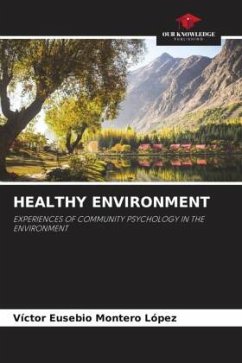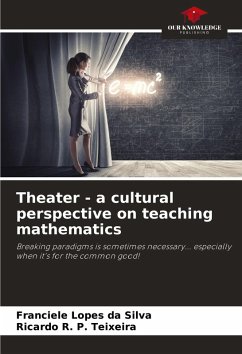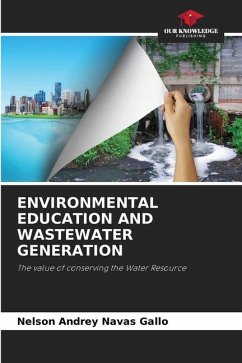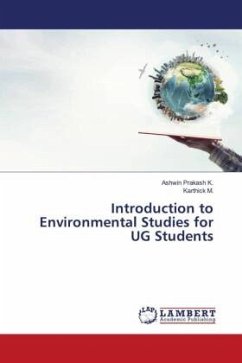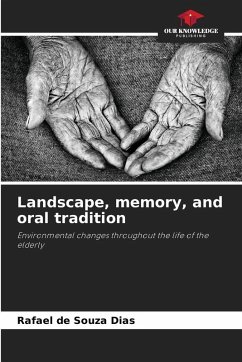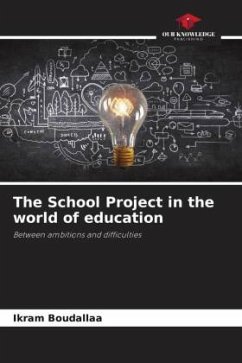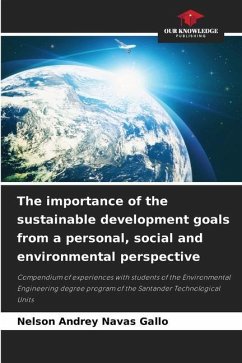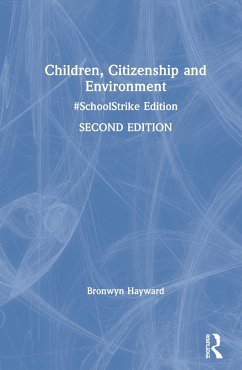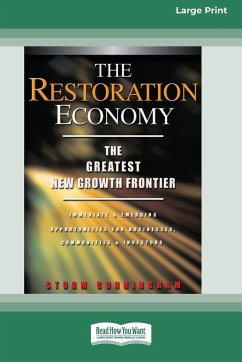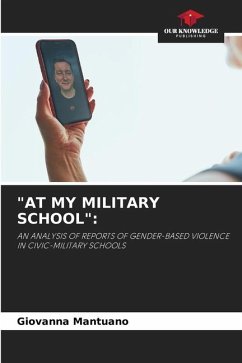
How to work with Ethnomathematics in an urban school?
from theory to practice
Versandkostenfrei!
Versandfertig in 6-10 Tagen
51,99 €
inkl. MwSt.

PAYBACK Punkte
26 °P sammeln!
National evaluations regarding the teaching and learning of mathematics have indicated that Brazilian students generally have low performance in this subject. One of the reasons discussed to justify this performance is the abstract nature of how this knowledge is taught in the classroom, since these evaluations generally indicate that the teaching of this subject is characterized by theoretical knowledge that is unrelated to the student's daily life. With the aim of reversing this scenario, this work presents a technique for teaching mathematics based on ethnomathematics, working from an envir...
National evaluations regarding the teaching and learning of mathematics have indicated that Brazilian students generally have low performance in this subject. One of the reasons discussed to justify this performance is the abstract nature of how this knowledge is taught in the classroom, since these evaluations generally indicate that the teaching of this subject is characterized by theoretical knowledge that is unrelated to the student's daily life. With the aim of reversing this scenario, this work presents a technique for teaching mathematics based on ethnomathematics, working from an environmental perspective, capable of promoting valid knowledge for the formation of critical, participatory individuals who are co-responsible with the environment. In this book we present both the theoretical assumptions underpinning this technique and an example of its application in the Mathematics II subject of the Integrated Building Course at the Federal Institute of Sergipe.





